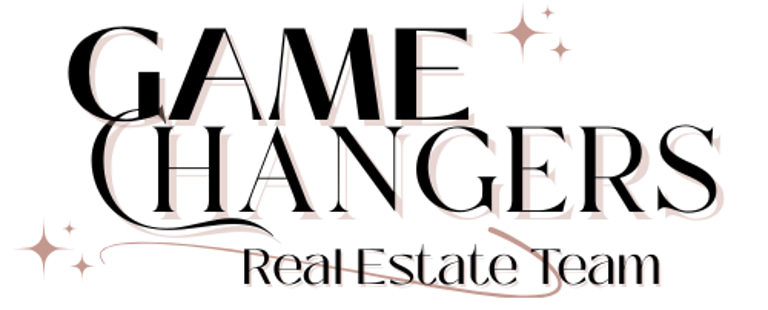
Earnest Money Deposit
What it is, why it matters, and how to protect it during your home purchase.
When you make an offer on a home, an earnest money deposit shows the seller you’re serious. It’s your financial “handshake”, a good-faith commitment that says, I’m ready to move forward. But understanding how it works, how much to offer, and how to protect your funds is key to a smooth transaction.
💡Did You Know?
An Earnest money Deposit of 1–3% of the home’s price can make your offer stand out in competitive markets.
What Is an Earnest Money Deposit?
An earnest money deposit (often called EMD) is the amount a buyer pays upfront after their offer is accepted. It’s held in an escrow account until closing and is applied toward your down payment or closing costs once the deal is complete.


Think of your earnest money as your way of saying, “I’m all in.” It strengthens your offer and gives sellers confidence in your commitment.
When Is the Deposit Due?
Most contracts require the earnest money to be delivered within 1–2 business days after your offer is accepted.
Your agent will coordinate the deposit and provide secure instructions for delivery.


Can You Lose Your Earnest Money?
In rare cases, yes but only if a buyer walks away without a valid reason after contingencies have expired.
Here are times you’re still protected:
The inspection reveals major issues.
The appraisal comes in low and owner doesn't agree to reduce the price.
Financing falls through despite best efforts.


Our job is to protect you. We track every contingency date and coordinate with all parties to ensure your deposit stays safe.
Game Changers Insight
What Happens at Closing?
At closing, your earnest money is credited toward your down payment or closing costs.
If the deal falls through for a valid reason, your funds are refunded in full. No surprises.



Contact
We'd love to hear from you!
Reach out to us anytime
Follow
Contact
Gamechangers@tkreva.com
(757) 639-4216
© 2025. All rights reserved.
